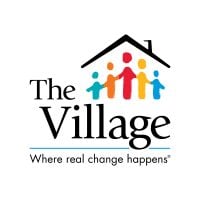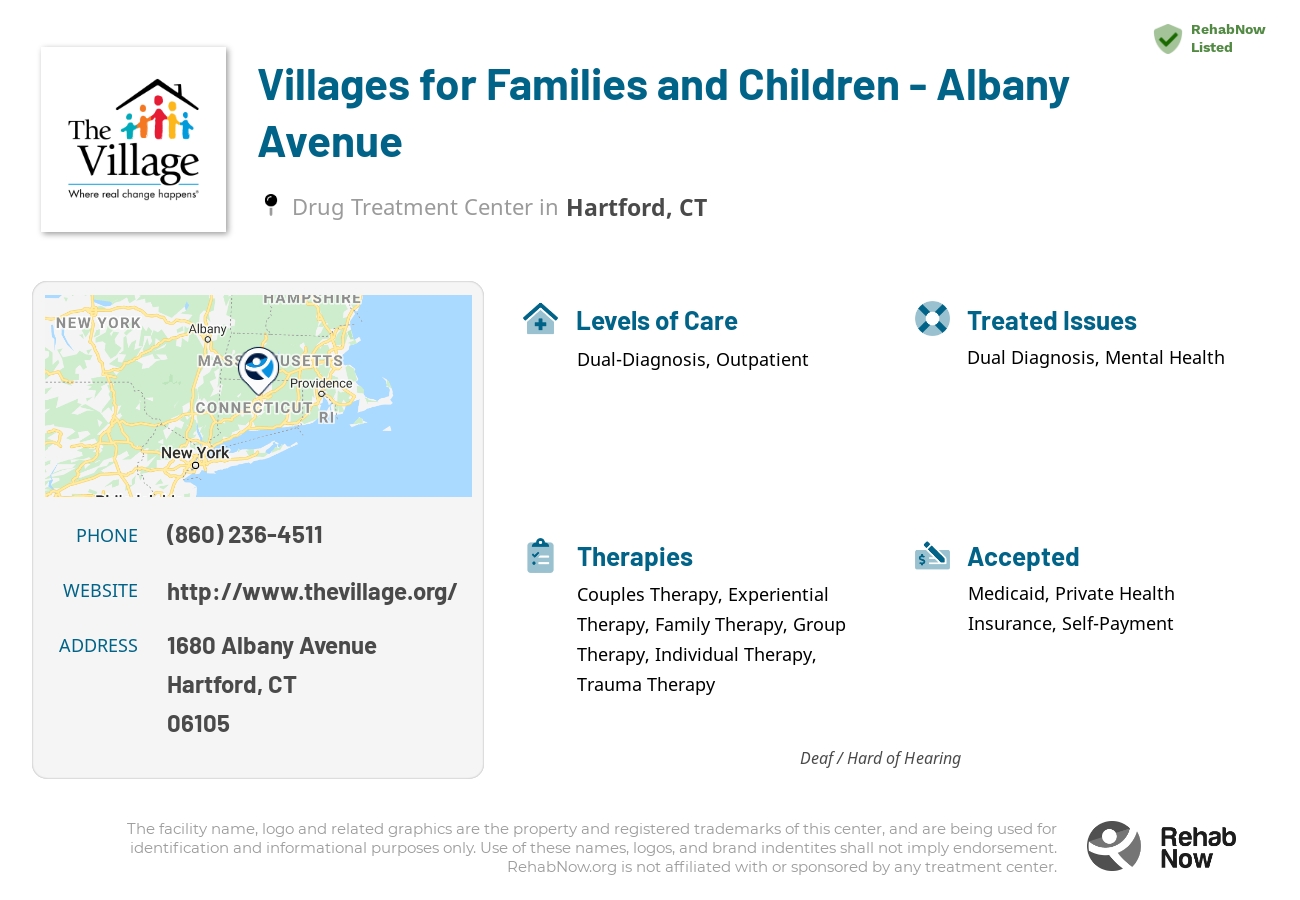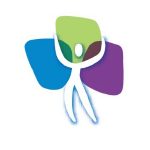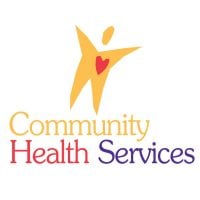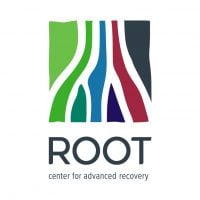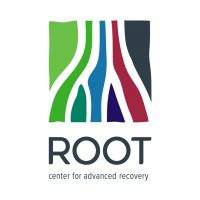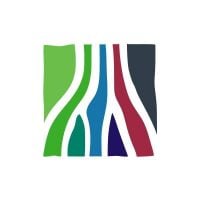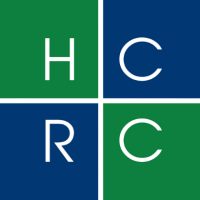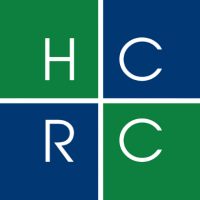Villages for Families and Children - Albany Avenue
Drug Rehab Center in Hartford, Connecticut
Villages for Families and Children - Albany Avenue in Hartford, Connecticut is a comprehensive addiction and substance abuse treatment center for adults and adolescents, providing both inpatient and outpatient treatment in a safe, supportive environment with numerous therapeutic programs and activities, individualized treatment plans, and high-quality, accredited care recognized with the 2017 Hartford HealthCare Quality Leadership Award.
About Villages for Families and Children - Albany Avenue in Connecticut
Villages for Families and Children - Albany Avenue in Hartford, Connecticut is a comprehensive addiction and substance abuse treatment center for adults and adolescents. The facility provides both inpatient and outpatient treatment for addiction in a safe, supportive environment and offers 24/7 support for individuals and families struggling with addictions. They also offer numerous therapeutic programs and activities to foster healing and long-term recovery.
At Villages for Families and Children - Albany Avenue, individuals receive individualized treatment plans tailored to each person’s individual needs. These plans include evidence-based therapies that address the physical, mental, and spiritual components of addiction and substance abuse. This includes cognitive-behavioral therapy, family therapy, mindfulness, and lifestyle changes to help individuals create healthier habits. In addition, there are educational and career workshops, support groups, and relapse prevention resources to help individuals stay on track in their recovery.
Villages for Families and Children - Albany Avenue is accredited by the Joint Commission and is licensed by the State of Connecticut. They are also members of the National Association of Addiction Treatment Providers and the Connecticut Department of Mental Health and Addiction Services, ensuring that their treatment programs meet the highest standards of safety and effectiveness. The facility’s commitment to providing quality care has been recognized with the 2017 Hartford HealthCare Quality Leadership Award.
Genders
Ages
Modality
Additional
Conditions and Issues Treated
When someone in struggles with both addiction and mental or emotional illness, this is considered a dual diagnosis. Dual diagnosis treatment can include therapy for these issues to happen simultaneously, which will allow either of them to be treated effectively.
Sometimes people who have suffered from addiction disorder also suffer from co-occurring disorders such as depression, anxiety, bipolar disorder, etc., making them “dual diagnoses.” Dual diagnoses require specialized treatment programs where drug and alcohol addiction are addressed along with psychiatric illnesses. Some rehabilitation facilities provide patients suffering from cooccurrences a program with highly integrated services and a clean environment with few distractions to help them succeed.
Levels of Care Offered
This center offers a variety of custom treatment tailored to individual recovery. Currently available are Dual-Diagnosis, Outpatient, with additional therapies available as listed below.
Outpatient treatment is often used for drug addicts in drug rehab. Outpatient treatment consists of counseling and therapy sessions. This form of treatment is also called ‘day-treatment’. The outpatient treatment process begins with the addict’s initial detox period, lasting about ten days.
Outpatient treatment is used for those who are at moderate risk for ‘slipping back’ into the addiction, for those who:
- Are not currently experiencing any side effects from withdrawal and can handle social pressure
- Can handle stressors that might trigger relapse
- Have a stable living environment or have moved out of their previous environment, which was not conducive to being sober
- Have a support system that allows them to go to a facility a few times a week while still keeping their current responsibilities
- Have no legal obligations, being either on parole or probation, that require them to seek treatment at a mandatory facility
- Are not currently experiencing any side effects from withdrawal and can handle social pressure
- Have a stable living environment or have moved out of their previous environment, which was not conducive to being sober
Therapies & Programs
Because no single treatment is effective for all addicts, the goal of treatment and therapy should be to figure out what works best for each individual. Tolerance and withdrawal levels differ from person to person, affecting the treatment intensity required. Addiction treatment should aim to help addicts develop healthy coping mechanisms for dealing with their addiction and its underlying causes.
Couples therapy works with clients and significant others in a professional capacity to improve relationship dynamics. This can be helpful for addicts who are trying to marry the idea of recovery into their work, family, social lives – any aspect that has to do with relationships. Through counseling sessions, addicts will have an opportunity to talk about their addiction with professional partners.
Family therapy is beneficial for people who are in addiction treatment services because it offers addicts the opportunity to work with their family members to better understand what led them to make choices that contributed to their addiction.
This type of therapy helps family members reach a deeper understanding of how they can best support their loved one during recovery. It also helps the addict better understand their own motivations and triggers that led them to turn to substance abuse.
Family therapy can help addicts in the following ways:
- Assists family members in processing difficult feelings so they don’t blame or resent recovering addicts
- Assists family members in understanding how addiction has impacted the addict and everyone who is involved with them
- Allows the addict to take responsibility for their actions, while encouraging improved communication skills
- Helps family members understand how to best support an individual in recovery so addicts don’t relapse again.
Group therapy can help build a stronger support system and give addicts in Hartford, CT insight into their addiction that they gain through shared conversations. Group therapy occurs in a controlled group environment, exclusive of one on one meetings. This makes it safer for patients to feel comfortable sharing the struggles they’re going through and gaining perspective.
Trauma therapy is beneficial for people who are recovering from drug addiction because it helps them heal from past traumas that may have caused them to turn to harmful substances or led them to experience negative emotions that contributed to their destructive behaviors.
This type of treatment works by processing difficult experiences so individuals can learn how to process these events without having to turn to substances for coping.
Trauma therapy can help addicts in the following ways:
- Helps individuals understand their experiences and emotional responses to difficult events, including why they turned to drugs or alcohol
- Provides them with comfort and support while working through difficult emotions related to these traumatic experiences
- Offers an opportunity for addicts to have a voice and be heard, which can improve their self-esteem
- Can help them develop coping skills so they can better respond to triggers instead of turning to substance abuse.
Cognitive-behavioral therapy is a technique that is used to help people with addiction. Specifically, it is a way of identifying thoughts and behaviors that cause the addiction. It is typically used in an individual counseling session.
The content explains cognitive behavioral therapy and how it works to address some behaviors that may be leading to unintended consequences in their life, as well as its benefits for those seeking sobriety.
It works by helping people to talk through their issues and addressing the thoughts that cause said behaviors. It is an excellent way of learning about oneself and one’s perception of the world.
Patient Experience
Experiential Therapy at Villages for Families and Children - Albany Avenue
Experiential therapy uses engaging activities to help patients access deeper, often hidden emotions. For example, the patient could role-play a problematic situation or engage in activities like drawing, painting, poetry writing, music composition, exercising, or journaling to help process intense feelings.
Experiential therapy is a type of therapeutic approach that focuses on having patients work through problems, issues, or emotions by engaging directly in some real experience. Experiential therapy occurs face-to-face with a therapist who helps these people to explore their feelings first hand.
It is based on the belief that to truly understand and gain insight into oneself and behavior; it is necessary and helpful to have real experiences with the issues involved. Some therapists have developed the experiential therapy approach as a way of treating addictive behaviors or dealing with impulses related to addiction. It comes from an existential school of psychotherapy called ‘experiential existential.’
Payment Options Accepted
For specific insurance or payment methods please contact us.
Is your insurance accepted?
Ask an expert, call (888) 674-0062
NAFI Associated Centers
Discover treatment facilities under the same provider.
- NAFI - Child Youth & Family Support Center Willimantic in Willimantic, CT
- NAFI - Child Youth & Family Support Center Norwich in Norwich, CT
- NAFI - North American Family Institute Farmington in Farmington, CT
- NAFI - North American Family Institute - MST - TAY in New Haven, CT
- NAFI - North American Family Institute - ASBTE in Willimantic, CT
Learn More About NAFI Centers
Additional Details
Specifics, location, and helpful extra information.
Hartford, Connecticut 6105 Phone Number(860) 236-4511 Meta DetailsUpdated November 25, 2023
Staff Verified
Villages for Families and Children - Albany Avenue Patient Reviews
There are no reviews yet. Be the first one to write one.
Hartford, Connecticut Addiction Information
Connecticut has a higher rate of substance abuse and addiction than the national average. The state ranks in the top 10 in the country for illicit drug dependence among those ages 18 to 25. In 2010, there were 9,211 people admitted to an alcohol treatment facility for alcohol abuse combined with a secondary drug. Connecticut ranked fifth in the United States of America for the number of fatalities involving drunk driving in 2014.
Heroin and cocaine are the most commonly abused drugs in Hartford, CT. About 46% of people who have been arrested admit to using illegal drugs. Connecticut was ranked seventh out of the ten worst drug-plagued states in a comparative study. 723 people died of opiate and other illicit drug overdoses in the state. There are various drug treatment options available in Hartford, CT for someone looking to get sober.
Treatment in Nearby Cities
- Litchfield, CT (24.8 mi.)
- Windsor, CT (5.7 mi.)
- Bridgeport, CT (48.8 mi.)
- Milford, CT (42.6 mi.)
- Chester, CT (29.1 mi.)
Centers near Villages for Families and Children - Albany Avenue
The facility name, logo and brand are the property and registered trademarks of Villages for Families and Children - Albany Avenue, and are being used for identification and informational purposes only. Use of these names, logos and brands shall not imply endorsement. RehabNow.org is not affiliated with or sponsored by Villages for Families and Children - Albany Avenue.
